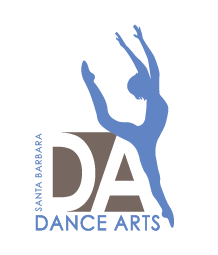Stretching For Your (Mental) Health
Dancers are known for their sometimes circus-like contortions, whether it’s pulling a leg to their forehead or bending their back in a 110° arabesque. Along with technique class and strengthening exercises, stretching is likely one of the largest parts of a dancer’s daily regimen. But what about “stretching” something other than your hamstrings? Can mental and emotional flexibility be a benefit to dancers’ overall health?
Just like asking your muscles to accept a new position—and pushing through the necessary discomfort—when stretching, asking your brain to adapt to new and dynamic situations can increase mental flexibility. Pushing through the discomfort of change or uncertainty can result in great reward. Have you ever learned an understudy part that you weren’t guaranteed to ever perform? Have you ever worn another dancer’s costume (far from—ahem—a perfect fit)? Speaking of costumes, have you ever had to change that costume, and tights, and shoes, and hairpiece, etc—in less than two minutes? The feeling of embracing change and succeeding despite uncertainty can be almost more rewarding than performing under normal circumstances.
Even though dancers are some of the world’s best quick-change artists (literally and figuratively!) anxiety and fear can sometimes still seep in. Here are a few things you can do to stretch your adaptability “muscles” and ease the stress of change and uncertainty:
Be prepared
The old adage “expect the unexpected” is still around because it’s true! Accept that change and uncertainty are a healthy part of normal life, and stay mentally and emotionally agile; that is, ready for change at any moment. Picture the pro tennis player, bouncing on the balls of her feet as she waits to see which direction her opponent’s serve will go. Stay ready so you don’t have to get ready.
Make a plan
Particularly during the COVID-19 crisis, kids and families are being asked to absorb a lot of change and uncertainty from school closures to online dance classes to household supply shortages. Play “what if…?” with a friend (through video chat of course), and talk through situations that haven’t arisen but might. For example: if we can’t ride bikes we’ll walk to the park instead, or if we can’t walk to the park we’ll play a board game; sometimes just the act of making a plan can be reassuring even if you never use it.
Stay calm
Just like in a quick costume change scenario, panicking actually slows your progress rather than speeding it. Staying serene when you’re faced with uncertainty or change by using breathing exercises, saying mantras or affirmations aloud, or simply listening to calming music can buy you time to come up with the next step. And avoiding a freak-out will preserve precious energy that your brain needs for problem-solving!
Dancers possess a level of resilience like few others. Don’t miss a chance to use what you know about physical stretching to help boost your mental and emotional flexibility too!
- Melanie Gibbs



